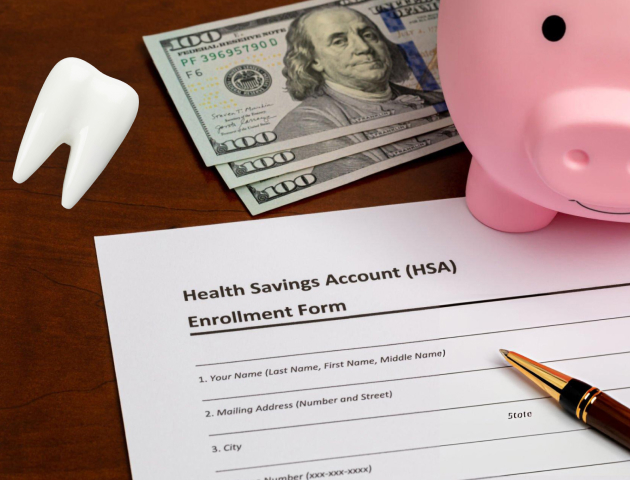Health Care Savings Account

Save on Dental Care with a Health Savings Account
Exploring the Benefits of Health Care Savings Accounts
"A health savings account (HSA) is a type of savings account that allows individuals to save money on a pre-tax basis for covering eligible medical expenses."
HSA Pros and Cons
Health Savings Accounts (HSAs) provide numerous advantages. Individuals can use the funds to cover medical expenses such as procedures, deductibles, and copayments. Any remaining balance in the account carries over to the next year, and the funds continue to grow tax-free even if there is a change in health care coverage. It is possible to maintain access to an existing HSA when changing jobs and enrolling in a new healthcare plan, even if the new plan does not qualify. Most people can easily access their funds using a debit card or checks.
However, there are also drawbacks to consider when it comes to HSAs. One major disadvantage is the requirement of having a high-deductible health insurance plan. While this type of coverage typically offers lower premiums, the high deductibles can be difficult to afford in the event of a serious medical issue. Rising healthcare costs may make it challenging to contribute more money to the HSA, and some individuals with high deductibles may delay seeking medical treatment due to the costs involved. This can lead to putting off necessary medical care in favor of saving for retirement.
“If a person changes jobs, they can enroll in a new healthcare plan and maintain access to their existing HSA, even if the new healthcare plan does not qualify.”
Financial Benefits of an HSA
"An HSA not only allows for savings on healthcare costs, but also provides tax benefits."
Determining if HSA Covers a Treatment
People with HSA accounts may be wondering what types of dental services are covered. With an HSA, there is a big difference between services that diagnose, treat, and prevent. People should contact their provider for more information on covered dental treatments.
Some procedures may have a copayment, so it is also important to check with dental insurance providers to determine the out-of-pocket costs. Not all HSAs cover the same things. People with questions about coverage should contact their employer's benefits department, their HSA provider, or the third-party payer of their health plan.
"For inquiries about coverage, individuals should reach out to their employer's benefits department, HSA provider, or the third-party payer of their health plan."
HSA Coverage for Treatments
- Regular cleanings and routine visits
- Fillings
- Root canals
- Extractions
- Crowns
- Dentures and bonding




